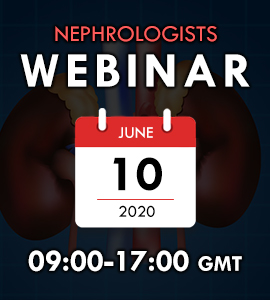Sanae Ezzaki
Service de Néphrologie, Hémodialyse et Transplantation Rénale. CHU Ibn Rochd. Casablanca. Maroc
Title: Ionic Liquid Green Synthesis of CeO2 Nanorods and Nano-Cubes: Investigation of the Shape Dependent on Catalytic Performance
Biography
Biography: Sanae Ezzaki
Abstract
Abstract
Introduction:
In Morocco, there is a big disparity between donation needs and the number of available grafts. This is partly due to families refusing to take the organs of their loved ones diagnosed with brain death and largely to the lack of knowledge about organ donation and transplantation. In this regard, we conducted a survey of a representative sample of the Moroccan population with the objective of assessing the perception of citizens about organ donation in Morocco.
Materials and methods:
We conducted a survey of 1000 Moroccan citizens through a questionnaire launched on social networks to assess their knowledge, attitudes and beliefs about organ donation.
We also sought to know the reasons for refusal and those of acceptance to donate their own organs and those of their relatives following a brain death.
Results:
One hundred percent of the subjects surveyed responded to this questionnaire. Of those surveyed, two-thirds were female. The average age was 27 years old. Among the 1000 participants, 90.4% knew organ donation in Morocco. Half with a value of 51.9% think that religion is in favor of giving. The majority agreed to give their organs after death with a value of 87.4%. Among the group refusing the donation of their organs after brain death the lack of confidence in the procedure of the donation process comes at the top of the list with a value of 43.3%. Moreover, only 65.8% would be able to donate organs of their loved one after brain death. Among the group of investigations refusing the donation of the organs of their relatives, the ignorance of the will of the deceased comes in first with a value of 65,1%. Regarding the legislation 66.9% of our participants are unaware of the potential of donors, 70.7% are aware of the register of donors. Finally, only 39.1% intend to register their acceptance in the register of donors.
Conclusion:
Young Moroccans have limited knowledge relating to organ donation. The development of this therapy needs to establish an adequate project of information and motivation of general population.

